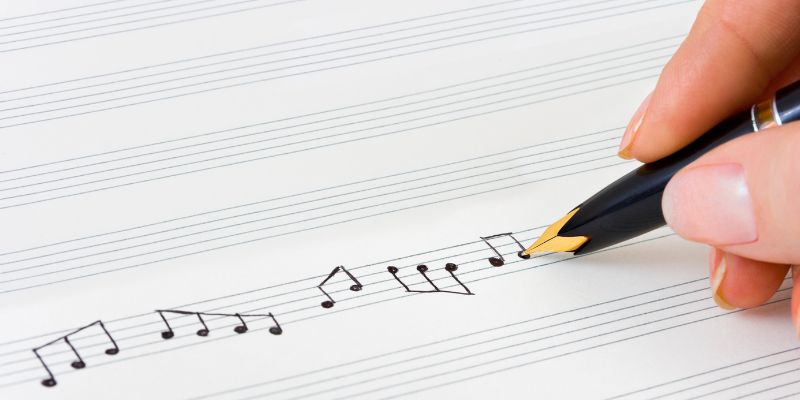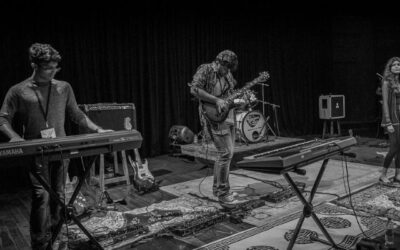It’s a question that isn’t so easy to answer. On one hand, you might feel the essence of music cannot be captured by a grade; on the other hand, you might think how good the certificates look on paper. But whether or not you should take a music exam isn’t so much about either of the above – it entirely depends on what you want to get out of it.

Music examinations test a student’s theoretical knowledge, technical ability, and listening skills. All of these – together – are vital to a musician. Theory is worthless if you lack the technique to play a song, technical skill means nothing if you don’t know the right notes to hit, and you can neither apply technique nor theory without a decent ear. In that sense, music examinations test fundamental skills and offer students the chance to see tangible improvements in their ability, increasing overall confidence and motivation. Some music examination boards (such as RockSchool, Trinity, ABRSM, etc.) are even recognised globally, and their certifications can often help with college applications. Music exams, therefore, definitely have their benefits. But it’s equally important to be aware of their shortcomings.
On a more philosophical note, it is worthwhile to recognize that the human organism is typically extremely ‘energy-efficient’ – which means we all tend to do as little work as possible to achieve our goals! Periodic testing of our learning and abilities brings a measure of discipline and a better work ethic to our endeavours – which can only be beneficial in the long term. At Taaqademy, this is probably our primary reason for advocating music exams to those interested – building discipline and work ethic. Sometimes, it feels like if you can inspire someone to practice of their own accord, then your work as a teacher is largely accomplished!
In a nutshell, whether or not you should take music examinations comes down to your reasons for wanting to do so. If you think exams alone will make you musically proficient, you probably shouldn’t waste the effort. But if music is your passion and measuring your progress, building discipline or practice rigour, and gaining some form of recognition for your skills is important, they can be of immense value.




